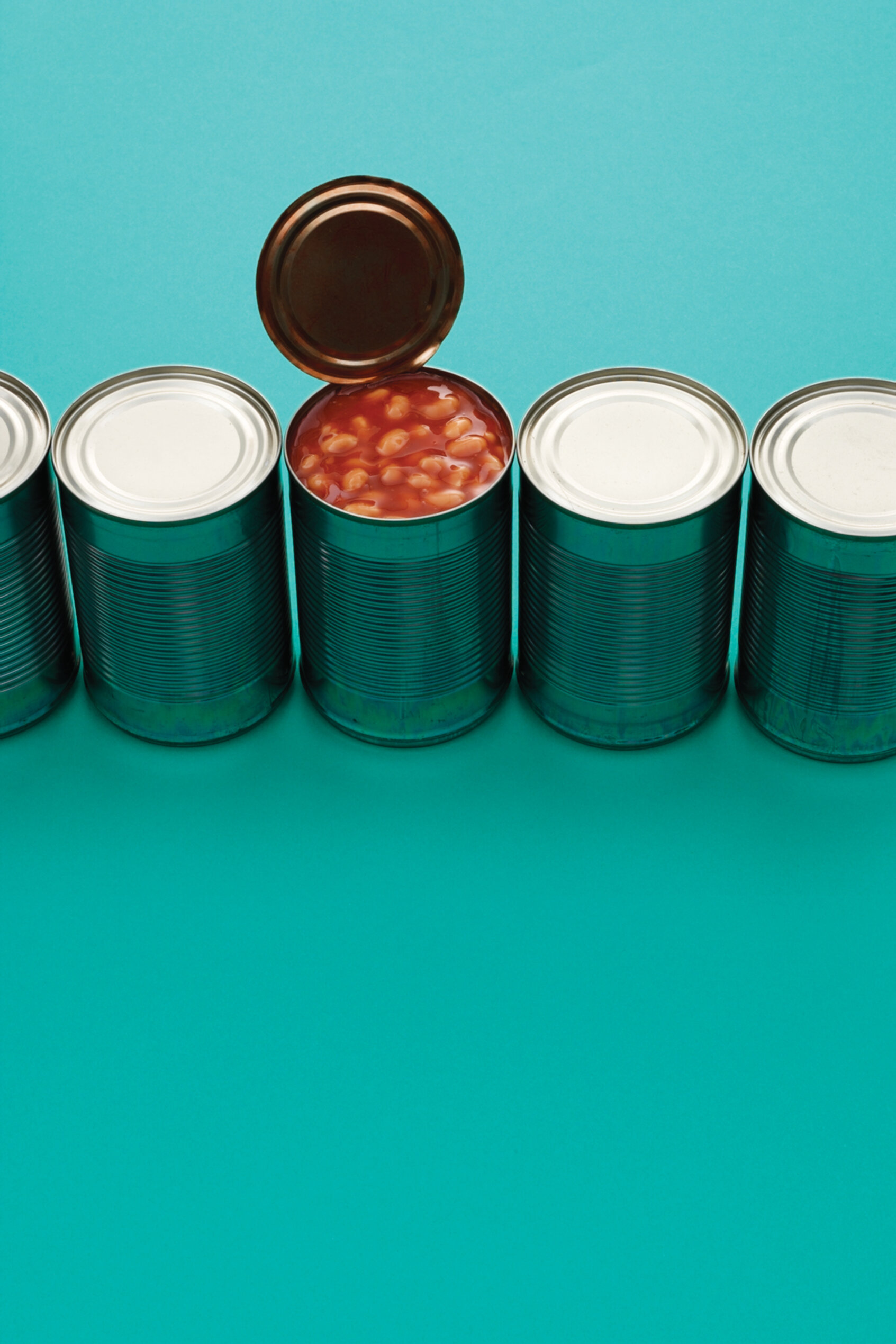
There’s a Just William story, published in 1942, in which the scruffy schoolboy rails against the evils of hoarding food: “crim’nal”, he declares as he requisitions a box of lemon-shaped soaps for a friend to make into pudding, with hilarious consequences.
The idea that you could be punished for a full pantry sounded so silly to me as a child that it’s stuck in my mind ever since. But William was right: once rationing came into full effect in 1941, it became an offence to be in possession of more than a week’s worth of food. In 1942, Elsie Carter of Caversham was fined the equivalent of nearly £2,000 when inspectors discovered 34kg of preserves, 196 tins of fish, 82 tins of milk, 81 tins of meat and 98 tins of fruit under her stairs, which she claimed had “slipped her memory”.
One century’s hoarding is another’s “stockpiling” – a word that’s been popping up in my social media feeds with increasing regularity in recent months as apparently rational people discuss their personal plans for a no-deal Brexit: “We did a Tesco Brexit order a few weeks ago – two huge boxes. Filled the freezer too. It’s not going to go to waste but it’s there ‘in case’.” Another friend has bought wine: “All the wine.” Someone who worked on a government emergency planning project in the 2000s says the experience prompted him to prepare two weeks’ worth of “sensible supplies”: tinned pulses, fruit and veg, bags of rice and so on. “If there’s food shortages beyond that, the UN/Oxfam etc will be doing aid airlifts!”
One father worries about running out of the few things his autistic son will eat – “we can’t afford not to hoard”. In fact, children and pets pop up a lot in such discussions; it appears quite a few British dogs and cats have a taste for fancy continental foodstuffs (fortunately my terrier would probably survive a nuclear apocalypse, and then eat the cockroaches). A few packs of cat food and Calpol, however, are rather different to shelling out £295 for Emergency Food Storage UK’s “Brexit box” of freeze-dried meals, “a great start to help you overcome Brexit… worries of no food in the shops”. No one admits to buying one of those.
Laying in an extra tin of tomatoes or two doesn’t seem such a big deal – so I contact the Department for Exiting the European Union to see what they recommend. A spokesperson tells me: “People do not need to stockpile food or household items.” No further advice is offered.
Professor Tim Lang of City University, who is writing a book on the impact of Brexit on our food supply, agrees. “The mess we are in – and it is a real mess – has to be resolved or prevented at the structural level, through national politics.” His primary concern, he says, “is that so far there is no sign of a food plan emerging from the government”. This is particularly worrying given “the extreme fragility” of our food system.
Until now, Lang has warned people against stockpiling, as it puts further strain on the just-in-time logistics that have made no deal such a problem: the modern system allows for very little in the way of storage. But he adds, “If you have a garden, get that veg plot ready for planting. And start pushing politicians for a decentralised, more resilient food system. Hold Mr Gove to account; he led us into this mess.”
So I’ve bought that multipack of beans for the local food bank instead. After all, should the worst happen, I’m probably not going to be the one that suffers.
This article appears in the 20 Mar 2019 issue of the New Statesman, State of emergency






